Whether it’s through consumption, biting you, or just from contact, there are animals that could transfer serious diseases to you. We’ve compiled 20 of these diseases, as well as the animals responsible for them.
Rabies

We’ll start with rabies, a disease that can be transmitted through bites from man’s best friends (unvaccinated dogs), as well as bats and raccoons. The WHO defines rabies as a “viral zoonotic disease that causes progressive and fatal inflammation of the brain and spinal cord.” It’s characterized by hyperactivity and hallucinations, which degenerate into paralysis, coma, and death.
Lyme Disease
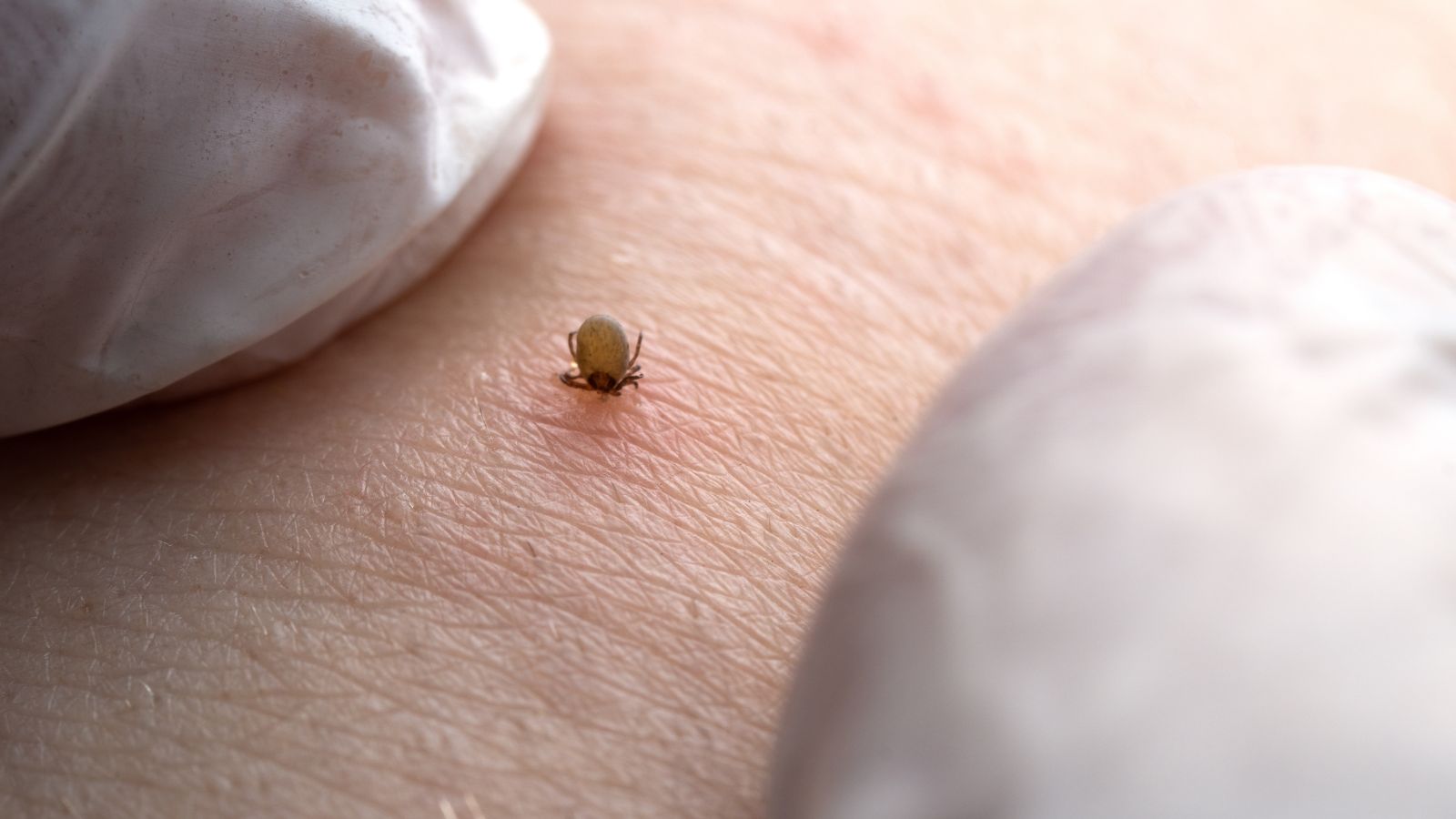
Transmitted through black-legged tick bites and caused by the bacterium Borrelia burgdorferi, Lyme disease is a condition with early symptoms like fever, headache, fatigue, and skin rashes. And when left untreated, the CDC says that it can lead to facial paralysis, arthritis, and an irregular heartbeat.
Hantavirus
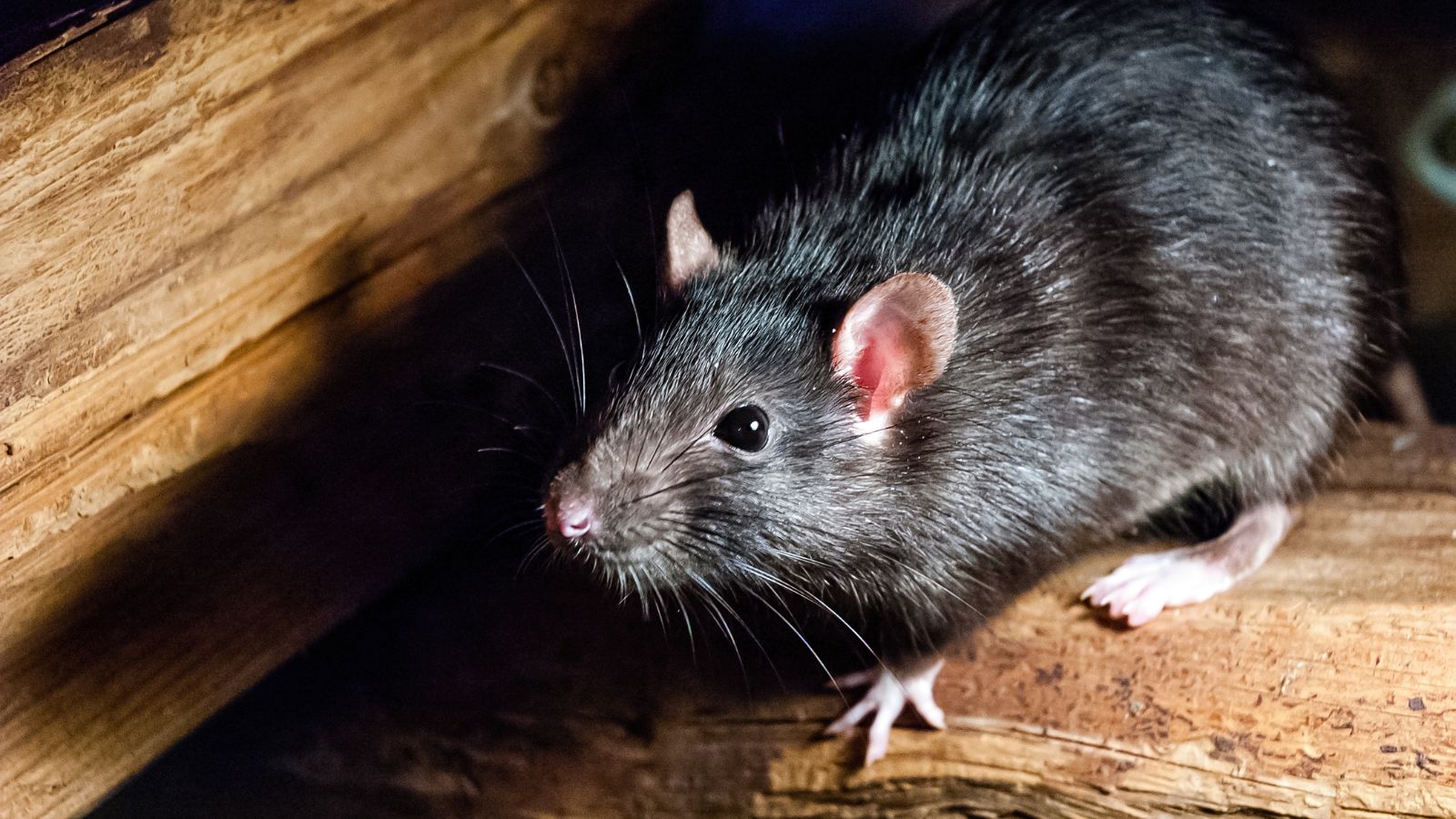
Hantavirus is spread by rodents like rats and mice (especially deer mice), and they do this through their saliva, urine, and droppings. Inhaling infected dust can cause you to suffer hantavirus pulmonary syndrome, which is a respiratory disease that causes fluids to build up in the lungs and, hence, results in difficulties breathing.
Leptospirosis

Leptospirosis is a bacterial infection spread through the urine of infected animals—often rodents—and humans can contract it through contaminated water or soil. Its symptoms range from mild flu-like signs to severe illness, including kidney damage and liver failure, and these highlight the importance of early treatment.
Toxoplasmosis

Caused by the parasite Toxoplasma gondii, toxoplasmosis is commonly contracted from cat feces and undercooked meat. While often asymptomatic in healthy individuals, it can cause serious complications for pregnant women and individuals with weakened immune systems. Proper food handling and hygiene are best to prevent this infection.
Salmonellosis

Salmonellosis is a popular infection caused by Salmonella bacteria, often transmitted through contact with infected animals or their environments. Reptiles, birds, and rodents are common carriers, and symptoms of it include diarrhea, fever, and abdominal cramps. Although these usually resolve without treatment, severe cases require medical intervention.
Psittacosis

Also known as parrot fever, psittacosis is a disease caused by the bacterium Chlamydia psittaci and transmitted from birds to humans. Inhalation of dust from bird droppings or feathers can lead to flu-like symptoms, pneumonia, and other respiratory issues. And early diagnosis and antibiotic treatment are critical for recovery.
Cat Scratch Disease

Another disease that’s too close to us for comfort is cat scratch disease. And, according to the Cleveland Clinic, it’s caused by the bacterium Bartonella henselae, transmitted through scratches or bites from infected cats. Some symptoms of it are swollen lymph nodes, fever, and fatigue, and while it’s usually mild, there may be serious complications in individuals with weakened immune systems.
Plague

Plague, caused by the bacterium Yersinia pestis, is transmitted through flea bites from infected rodents. There are different forms, including bubonic, septicemic, and pneumonic plague, each with severe symptoms, and prompt antibiotic treatment is vital to prevent serious complications or death from all of them.
Ringworm

Ringworm is a fungal infection that affects the skin, scalp, or nails and is transmitted from infected cats, dogs, rodents, and humans. It appears as a red, itchy, circular rash, and although it is not life-threatening, treatment with antifungal medications is necessary to prevent the infection from spreading.
Rocky Mountain Spotted Fever
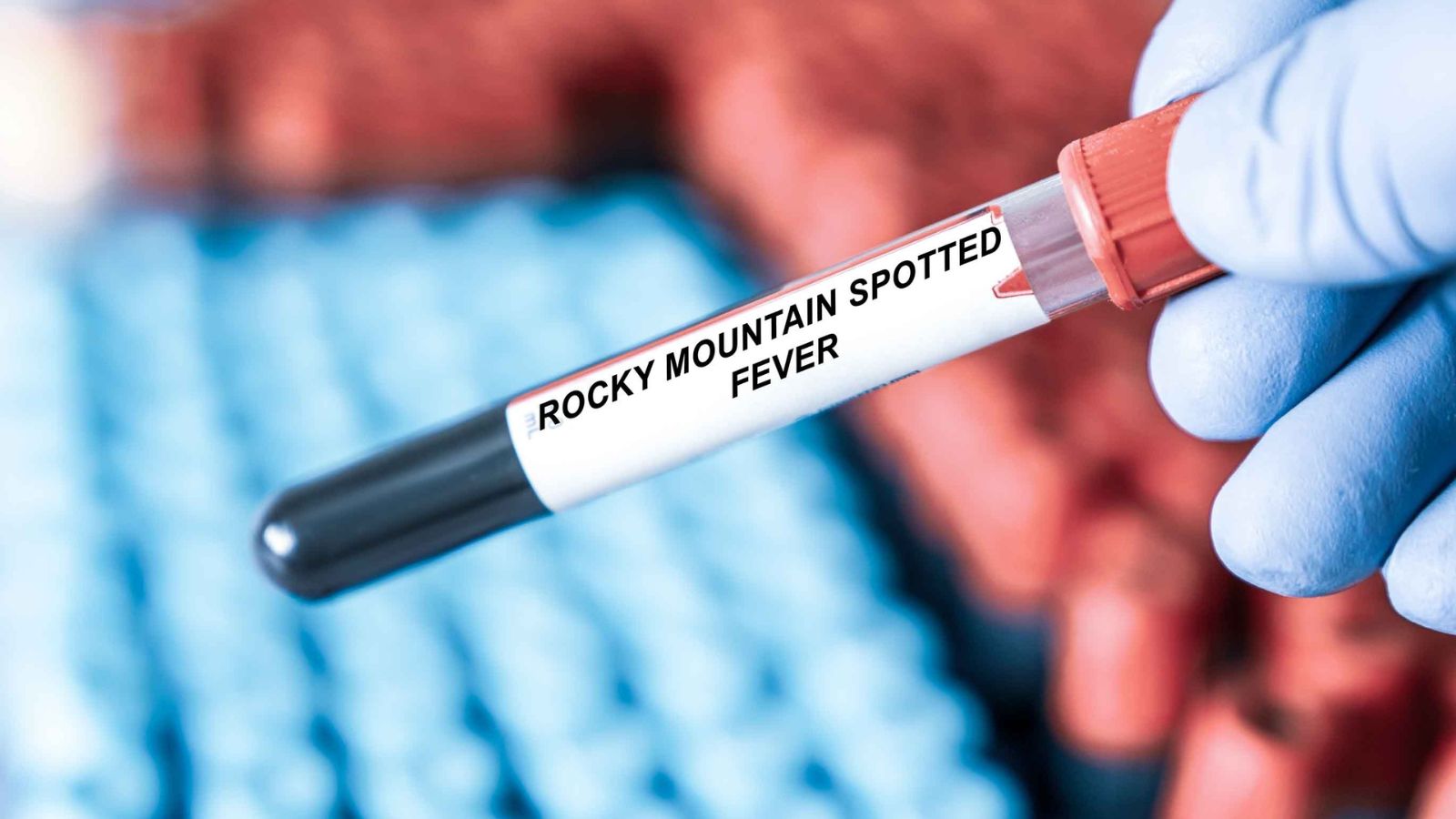
Rocky Mountain spotted fever is a bacterial disease transmitted by tick bites with symptoms that include fever, headache, and rashes. These can progress to severe illness if untreated, and early antibiotic treatment is crucial for quick recovery and to prevent complications such as organ failure or death.
Anthrax
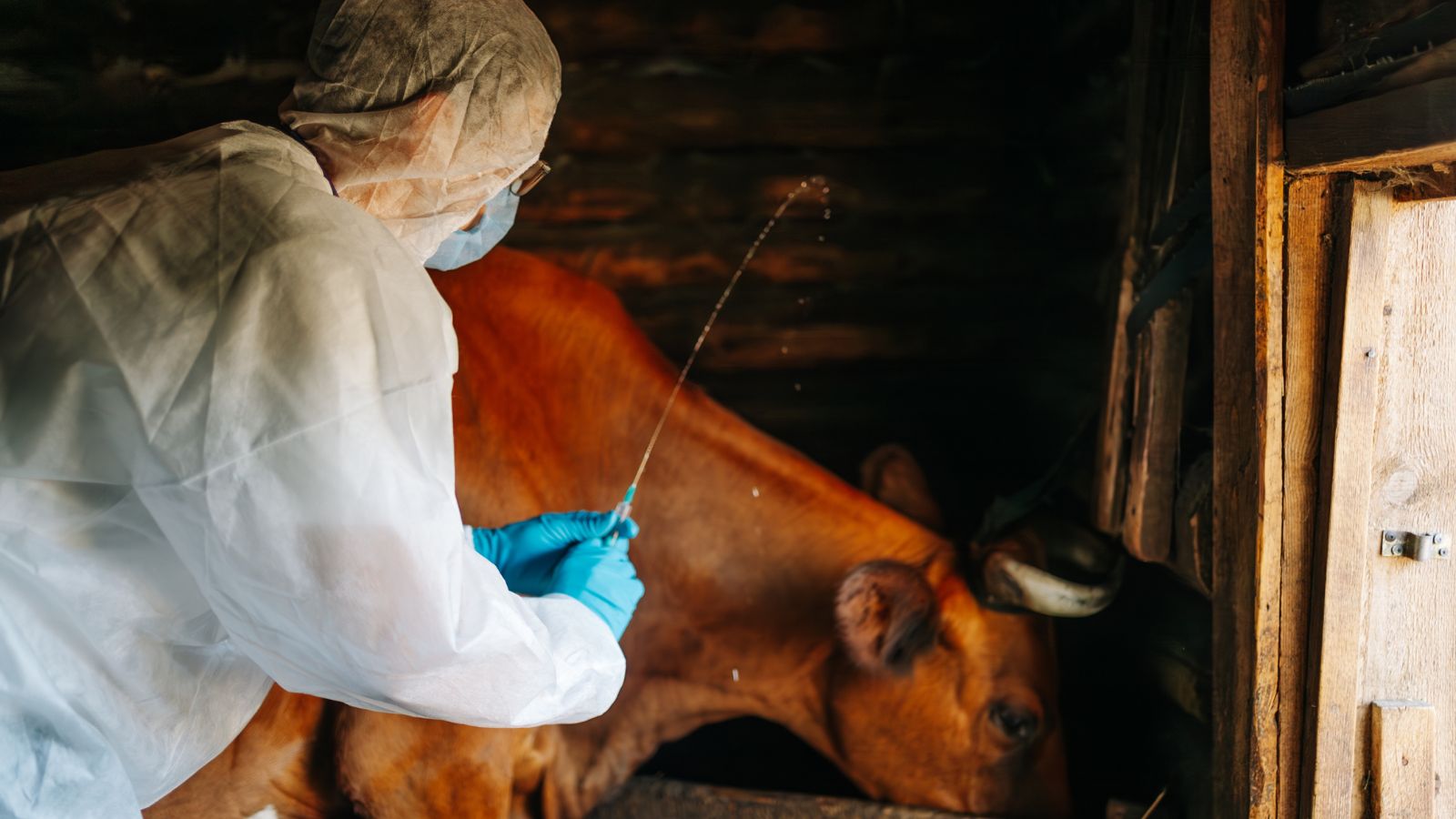
Anthrax, caused by Bacillus anthracis, is a disease transmitted to humans through contact with infected domestic hooved animals and their contaminated products. It manifests in complications for your skin, respiratory system, or gastrointestinal system, and you’ll need early antibiotic treatment to fully recover from it.
Avian Influenza

Avian influenza, or bird flu, is caused by influenza viruses found in birds. Human infections occur through direct contact with infected birds or contaminated environments. Symptoms range from mild respiratory issues to severe pneumonia and can be life-threatening, requiring prompt medical attention.
Campylobacteriosis

Caused by Campylobacter bacteria, Campylobacteriosis is a disease transmitted through contact with infected poultry, cattle, and even dogs, as well as through the consumption of contaminated food or water. Some symptoms of it include diarrhea, cramping, and fever, and these thankfully typically resolve without treatment.
Q Fever

Q fever, caused by the bacterium Coxiella burnetii, is transmitted to humans through the inhalation of contaminated dust from infected goats, sheep, and cows. Infected individuals suffer from mild flu-like symptoms as well as severe pneumonia and hepatitis, and chronic cases can lead to death without treatment.
Cryptosporidiosis

Sometimes simply called “crypto,” Johns Hopkins University describes cryptosporidiosis as a parasitic infection transmitted through the consumption of water or food contaminated by animal stool. It causes severe diarrhea, stomach cramps, and dehydration, particularly in immunocompromised individuals.
Ebola Virus Disease
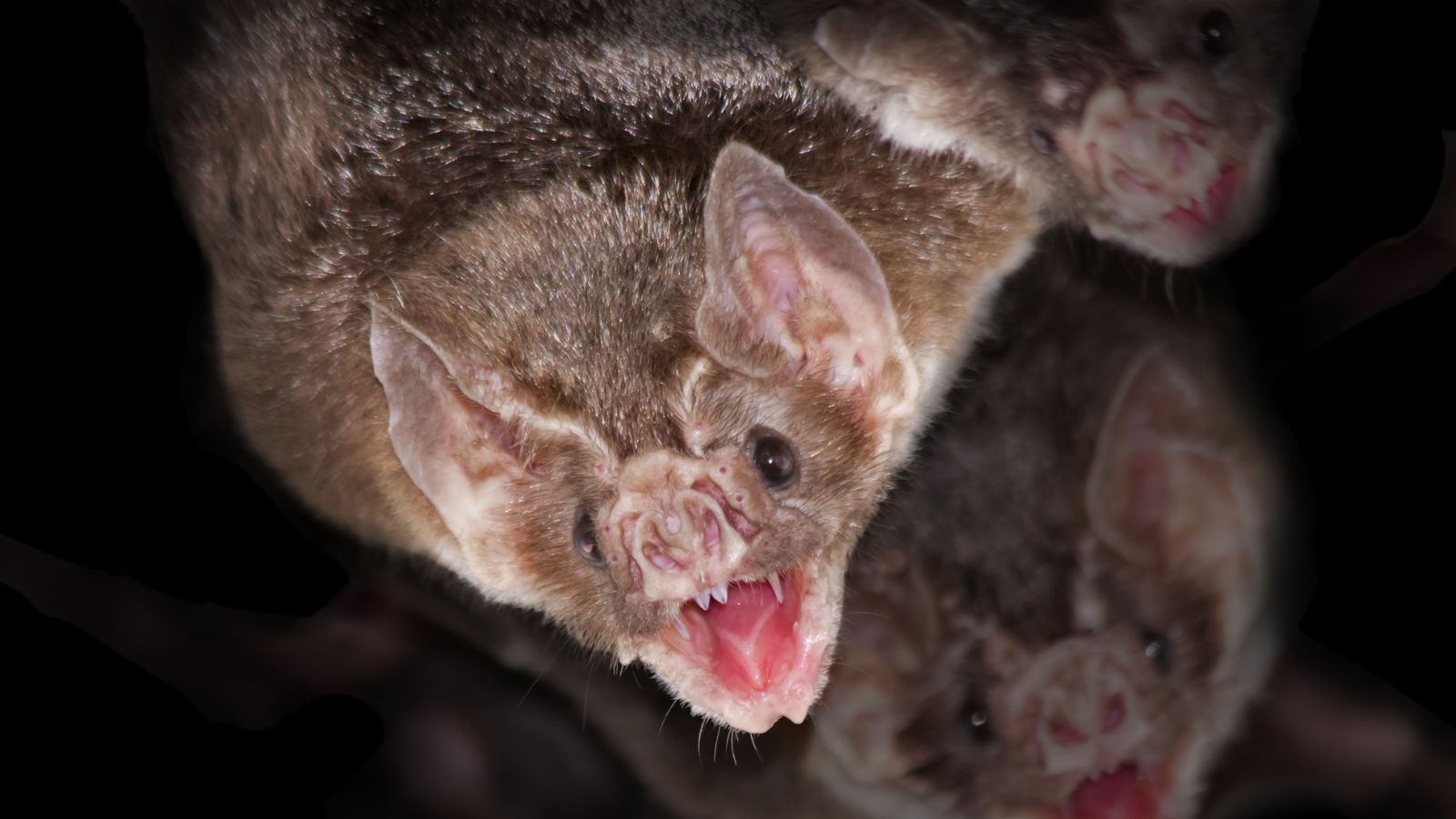
Ebola virus disease is a severe, highly contagious, and often fatal illness transmitted from animals like bats to humans through contact with infected bodily fluids. Some symptoms of it include fever, hemorrhaging, and organ failure, and rapid isolation and treatment are essential to prevent its spread to others and also improve the chances of survival.
Tularemia
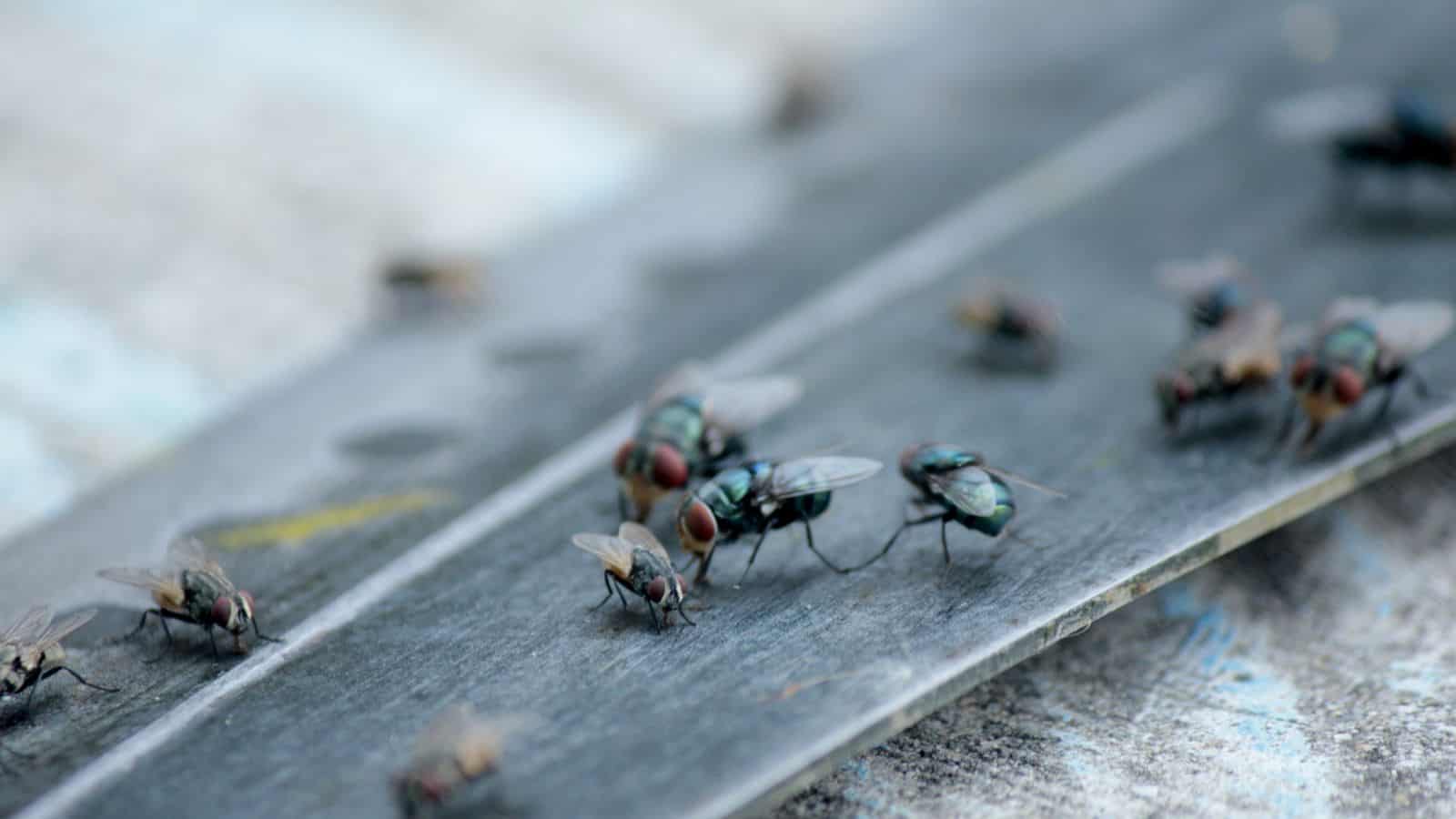
Caused by the bacterium Francisella tularensis, tularemia is transmitted through contact with infected insects, particularly deer flies as well as rodents, rabbits, and hares. Infected individuals suffer from fever, skin ulcers, and swollen lymph glands, and prompt antibiotic treatment is necessary to prevent more severe complications.
Lassa Fever

Lassa fever is a viral disease transmitted to humans through contact with the urine or droppings of infected rodents, and its symptoms range from mild fever to severe hemorrhaging and organ failure. Even though it’s more of a major concern in West Africa, it’s still contagious between humans, and we all need to remain careful.
Japanese Encephalitis
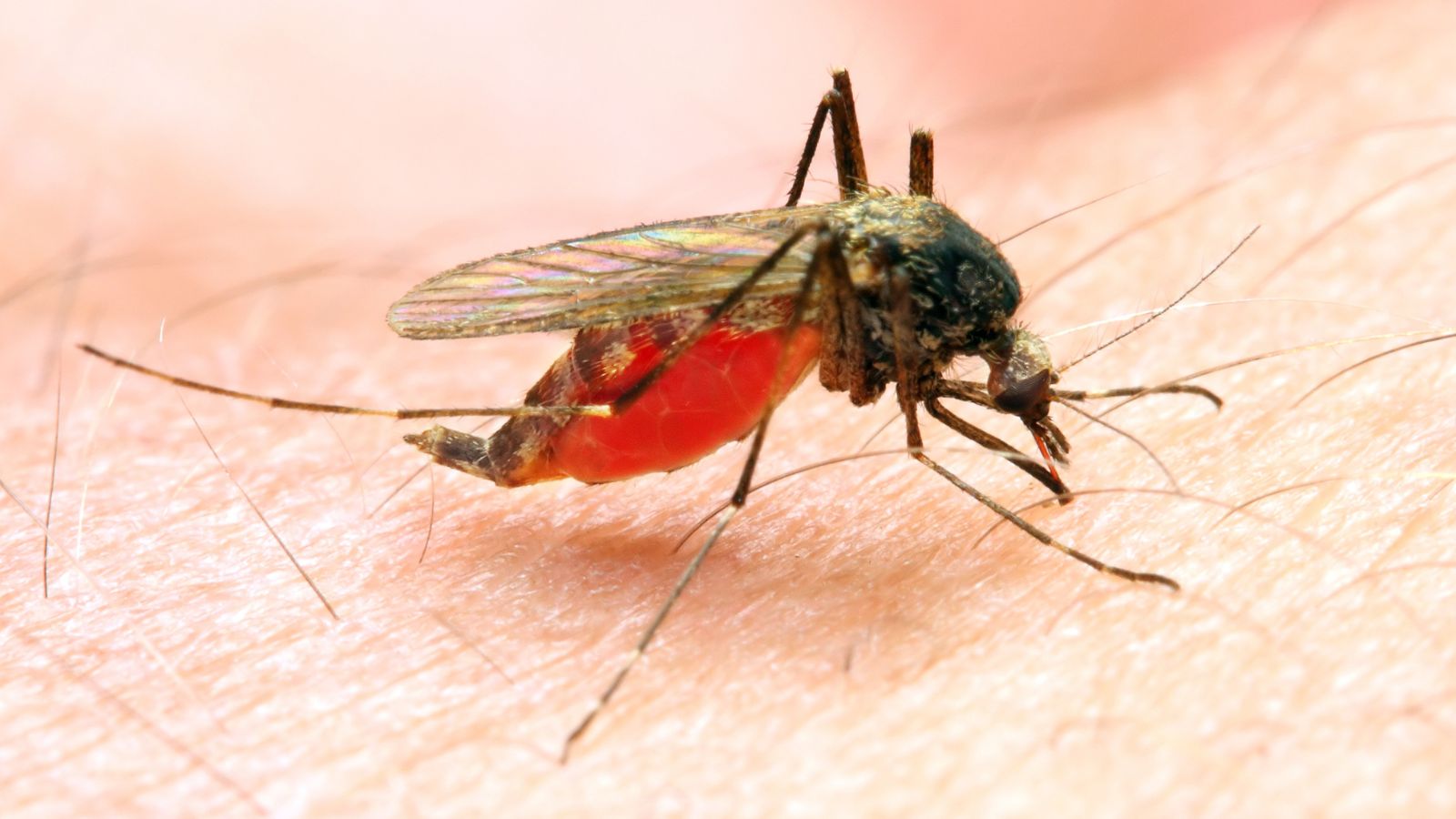
Japanese encephalitis is a viral brain infection spread through mosquito bites from infected animals—primarily pigs and birds. Some symptoms of it include fever, headaches, and neurological issues, which could potentially lead to permanent neurological damage or even death. Vaccination and mosquito control are key preventive measures against this disease.
Up Next: 17 Things Most People Forget After Someone Dies

When a person dies, it’s easy for their partner or family members to overlook things while they process shock and grief. Despite the pain of losing a loved family member, it’s important to remember to organize these 17 things to prevent problems later on.
17 Things Most People Forget After Someone Dies
17 Phrases Confident People Use to Stand Up For Themselves

Confidence is a healthy and attractive trait that helps us stand firm in our values and set healthy boundaries. We can always become more confident, and learning the right ways to stand up for yourself is a great way to start. Here are 17 phrases you can use to do so.
17 Phrases Confident People Use to Stand Up For Themselves
20 Signs Someone Is Only Pretending to Care

Whether it’s to avoid hurting your feelings or if it’s part of a more elaborate plan to deceive you for benefits, people pretend for many reasons. The main theme with them, though, is that their actions never match the sugar-coated words that come out of their mouths. So that you don’t fall for someone like this, we’ve compiled 20 signs for you to look out for.

